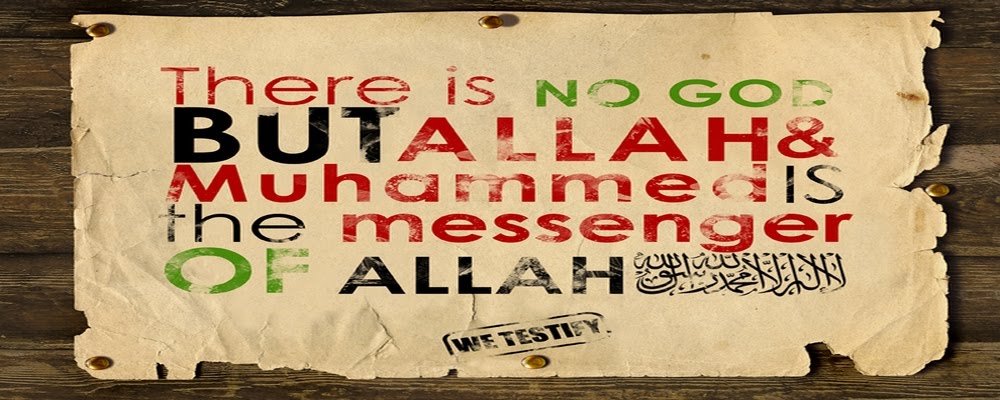Eid prayer for women is Sunnah
A.Praise be to Allaah.
It is not obligatory for women, but it is Sunnah. Women should offer this prayer in the prayer-place with the Muslims, because the Prophet (peace and blessings of Allaah be upon him) enjoined them to do that.
In al-Saheehayn and elsewhere it is narrated that Umm ‘Atiyah (may Allaah be pleased with her) said: “We were commanded (and in one report it says, he commanded us – meaning the Prophet (peace and blessings of Allaah be upon him)) to bring out to the Eid prayers the adolescent girls and the women in seclusion, and he commanded the menstruating women to avoid the prayer-place of the Muslims.” Narrated by al-Bukhaari, 1/93; Muslim, 890. According to another report: “We were commanded to come out and to bring out the adolescent girls and those in seclusion.”
According to a report narrated by al-Tirmidhi: The Messenger of Allaah (peace and blessings of Allaah be upon him) used to bring out the virgins, adolescent girls, women in seclusion and menstruating women on the two Eids, but the menstruating women were to keep away from the prayer place and witness the gathering of the Muslims. One of them said, “O Messenger of Allaah, what if she does not have a jilbaab?” He said, “Then let her sister lend her one of her jilbaabs.” (Agreed upon).
According to a report narrated by al-Nasaa’i, Hafsah bint Sireen said: Umm ‘Atiyyah hardly ever mentioned the Messenger of Allaah (peace and blessings of Allaah be upon him) but she would say, “May my father be sacrificed for him.” I said, “Did you hear the Messenger of Allaah (peace and blessings of Allaah be upon him) say such and such,” and she said, “Yes, may my father be sacrificed for him, and he said, ‘Let the adolescent girls, women in seclusion and menstruating women come out to attend Eid and witness the gathering of the Muslims, but let the menstruating women avoid the prayer place.’” Narrated by al-Bukhaari, 1/84
Based on the above, it is clear that for women to go out and attend the Eid prayers is a confirmed Sunnah, but that is subject to the condition that they do not go out unveiled or making a wanton display of themselves, as is known from other evidence.
With regard to boys who have reached the age of discretion going out to Eid prayer, Jumu’ah prayers, etc., this is something which is well known and is prescribed in Islam, because there is a great deal of evidence to that effect.
And Allaah is the Source of strength.
Standing Committee for Academic Research and Issuing Fatwas, 8/284-286
A.Praise be to Allaah.
It is not obligatory for women, but it is Sunnah. Women should offer this prayer in the prayer-place with the Muslims, because the Prophet (peace and blessings of Allaah be upon him) enjoined them to do that.
In al-Saheehayn and elsewhere it is narrated that Umm ‘Atiyah (may Allaah be pleased with her) said: “We were commanded (and in one report it says, he commanded us – meaning the Prophet (peace and blessings of Allaah be upon him)) to bring out to the Eid prayers the adolescent girls and the women in seclusion, and he commanded the menstruating women to avoid the prayer-place of the Muslims.” Narrated by al-Bukhaari, 1/93; Muslim, 890. According to another report: “We were commanded to come out and to bring out the adolescent girls and those in seclusion.”
According to a report narrated by al-Tirmidhi: The Messenger of Allaah (peace and blessings of Allaah be upon him) used to bring out the virgins, adolescent girls, women in seclusion and menstruating women on the two Eids, but the menstruating women were to keep away from the prayer place and witness the gathering of the Muslims. One of them said, “O Messenger of Allaah, what if she does not have a jilbaab?” He said, “Then let her sister lend her one of her jilbaabs.” (Agreed upon).
According to a report narrated by al-Nasaa’i, Hafsah bint Sireen said: Umm ‘Atiyyah hardly ever mentioned the Messenger of Allaah (peace and blessings of Allaah be upon him) but she would say, “May my father be sacrificed for him.” I said, “Did you hear the Messenger of Allaah (peace and blessings of Allaah be upon him) say such and such,” and she said, “Yes, may my father be sacrificed for him, and he said, ‘Let the adolescent girls, women in seclusion and menstruating women come out to attend Eid and witness the gathering of the Muslims, but let the menstruating women avoid the prayer place.’” Narrated by al-Bukhaari, 1/84
Based on the above, it is clear that for women to go out and attend the Eid prayers is a confirmed Sunnah, but that is subject to the condition that they do not go out unveiled or making a wanton display of themselves, as is known from other evidence.
With regard to boys who have reached the age of discretion going out to Eid prayer, Jumu’ah prayers, etc., this is something which is well known and is prescribed in Islam, because there is a great deal of evidence to that effect.
And Allaah is the Source of strength.
Standing Committee for Academic Research and Issuing Fatwas, 8/284-286
































